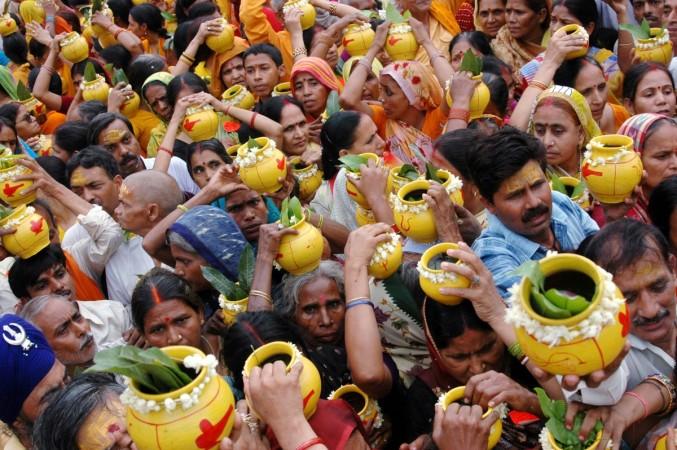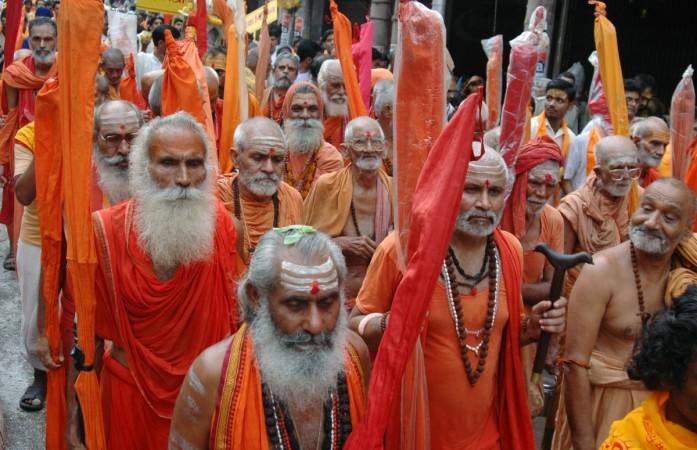
There are 24 Ekadashis (Sanskrit word meaning "the eleventh") in the annual Hindu calendar, and amongst these, Nirjala Ekadashi also pronounced as Nirjala Ekadasi, is the most significant. Nirjala Ekadashi 2017 falls on June 5.
Ekadashi is an auspicious day dedicated to Lord Vishnu and observed on the eleventh day of every lunar fortnight in Hindu calendar. So, two Ekadashi fasting -- Shukla Paksha (bright side) and Krishna Paksha (dark side) – are observed in a month. Devotees abstain from taking any food on Ekadashi and believe that it cleanses sins and helps in attaining Moksha.
Also read: Indian-Americans unhappy with negative portrayal of Hinduism in California textbooks
Nirjala Ekadashi is also known by the names like Jyeshtha Shukla Ekadashi as it falls in the month of Jyestha in the Shukla Paksha (June). It is also called Bhimsani Ekadashi, Pandava Bhima Ekadashi, and Pandava Nirjala Ekadashi, derived from Bhima, the strongest of the five Pandava brothers in the Hindu epic Mahabharata who observed fast.

Significance of Nirjala Ekadashi
People observe a complete fast on Nirjala Ekadashi and do not drink even a drop of water. They also offer pooja to Lord Vishnu for happiness, prosperity and forgiveness of sins.
Those who can't do fasting on all the 24 Ekadashis are expected to observe vrata (vow or resolve) on this auspicious day. It is based on Bhima (in Hindu epic Mahabharata) who couldn't fast for Lord Vishnu as he loved to eat. However, a sage told him that he could observe abstinence from taking food at least on the occasion of Nirjala Ekadashi to get all the benefits of the other 23 Ekadashis. This is why the day is considered to be the most significant Ekadashi.









!['Had denied Housefull franchise as they wanted me to wear a bikini': Tia Bajpai on turning down bold scripts [Exclusive]](https://data1.ibtimes.co.in/en/full/806605/had-denied-housefull-franchise-they-wanted-me-wear-bikini-tia-bajpai-turning-down-bold.png?w=220&h=138)



